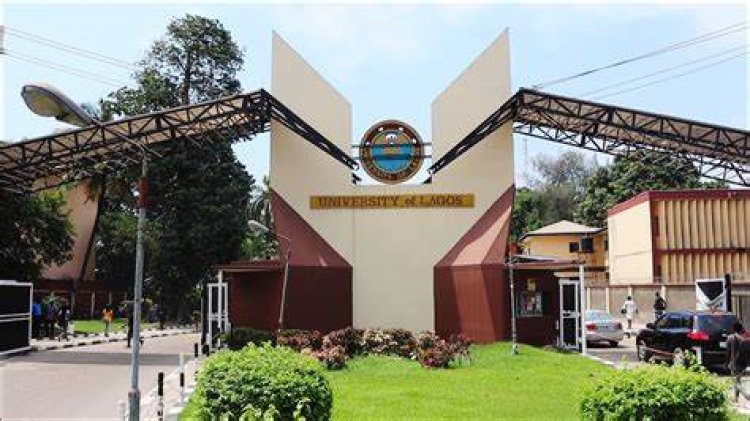FASU Lagos 2024 Sets Benchmark for Sustainability with Green FASU Initiative
In a historic move blending sports with environmental responsibility, the 11th Federation of African University Sports (FASU), tagged Lagos 2024, concluded with groundbreaking achievements in climate action.

In a historic move blending sports with environmental responsibility, the 11th Federation of African University Sports (FASU), tagged Lagos 2024, concluded with groundbreaking achievements in climate action. Through a partnership between UNICEF and the University of Lagos Green Hub, the event launched the GREEN FASU Project, demonstrating the potential of sports as a vehicle for environmental sustainability.

The event, which recently came to a close, saw the participation of an impressive 3,587 young people in various climate change activities. A key milestone of the initiative was the collection and recycling of 21,996 plastic bottles, weighing a total of 549.9kg, gathered from athletes, officials, and spectators throughout the course of the games.
Sustainability at the Core of FASU Lagos 2024
The GREEN FASU Project went beyond just waste management, setting a new precedent for carbon footprint reduction in sports. According to data from the UNILAG Green Hub, the initiative successfully prevented the emission of 3,299kg of greenhouse gases, underscoring the commitment of both the organisers and participants to climate action.
In a first-of-its-kind effort at sporting events, FASU Lagos 2024 introduced a carbon-neutral medal table. This innovative approach integrated climate-conscious practices directly into the core of the competition, setting a new standard for future sports events globally.
Youth at the Forefront of Climate Action
The Green FASU Challenge was a major highlight of the initiative, attracting 823 youths from 30 universities across 8 countries. The competition generated 310 innovative entries focused on environmental sustainability, showcasing the ingenuity of Africa's youth in addressing climate change.
Notable participants from the challenge were recognized for their contributions, particularly in plastic collection efforts. In the athletes’ category, Miracle Agwuncha from the University of Lagos emerged as the top plastic collector, gathering an astounding 4,460 bottles. In the non-athletes’ category, Ndah Olarenwaju, also from UNILAG, led with 4,624 bottles collected.
UNICEF representatives at the event expressed their pride in supporting the Green FASU Project, emphasizing the importance of involving young people in climate action. The initiative highlights how sports can serve as a catalyst for social change, with young athletes and students leading the charge for a more sustainable future.
“The youth have proven once again that they are pivotal in driving global climate action. This partnership between UNICEF, UNILAG, and FASU is a testament to what can be achieved when sports are combined with a clear focus on sustainability,” a UNICEF spokesperson stated during the closing ceremony.
As FASU Lagos 2024 comes to an end, it leaves behind more than just sporting memories and medals. The event has set a blueprint for how major sports competitions can contribute to environmental protection while inspiring a new generation of climate-conscious athletes and fans. The success of the Green FASU Project also stands as a reminder that engaging youth in environmental initiatives can have a lasting, positive impact on the global community.
In celebrating the achievements of this year's games, FASU Lagos 2024 ensures that its legacy goes beyond sports, extending into the realm of climate action and sustainability. As future university sports events follow in its footsteps, the model set by Lagos 2024 will serve as a benchmark for integrating environmental consciousness into global sports.
Final Carbon Medals Table:
The carbon-neutral medal table integrated environmental achievements into the competition, with the top collectors from each category recognized not just for their sportsmanship but for their contributions to sustainability.
- Top Plastic Collector (Athletes’ Category): Miracle Agwuncha, University of Lagos – 4,460 bottles.
- Top Plastic Collector (Non-Athletes’ Category): Ndah Olarenwaju, University of Lagos – 4,624 bottles.
For more information visit: https://unilag.edu.ng/?p=42430

 UBA CHIDINMA
UBA CHIDINMA 



